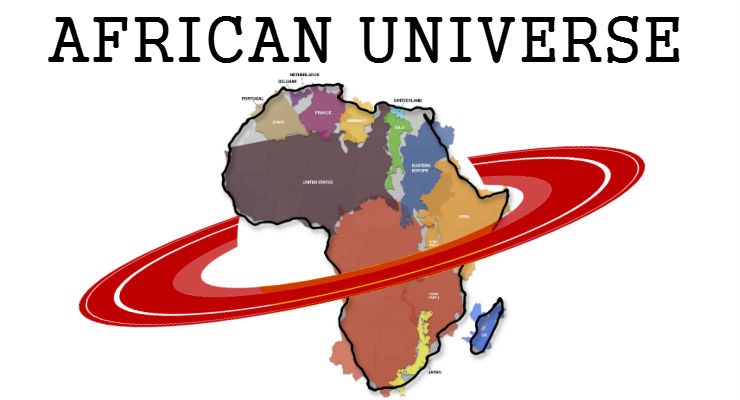
One of Africa’s greatest problems since the independence era in the late 1950s has been the scourge of all manner of political violence. From 1960 to 1989, One-Party repressive governments and coups d’état were rampant. The era of (re)democratisation in the early 1990s came with broad expectations including hopes that peace and security would now be the order of the day. However, internal conflict instead increased as repressive governments have persisted wearing democratic outfits.
Various theories have been advanced to understand the reasons for political violence in Africa. It seems obvious that repression in itself is an ingredient for destabilization because repression leads to dissent. However, beyond the surface level of the type of political regimes and conflict, with dictatorships being destabilizing because of their repressive nature and democracies peaceful due to their more inclusive character, I argue that underlying political violence in Africa is clientelism.
What is clientelism?
A clientelist system is one in which a “‘patron’ provides protection, services or rewards to the ‘clients’ (usually individuals of lower status) who become the patron’s political followers… In states with such features, politicians gain power through the informal networks they control through patronage.” In some African countries such as Equatorial Guinea such networks are comprised of family members while in the vast majority of other African countries stricken by clientelism it is ethnic kin running affairs of State, cynically promoting vexing propaganda of patriotism, national unity and integration.
Why clientelism is destabilising
Clientelist systems are dangerous and destabilizing because clients are usually not ready to sacrifice their perks and benefits. Because, clientelist systems are undemocratic, clients do not feel the need to be accountable to the public. This means that the public treasury is looted at will for the benefit of the patron and the clients. As such, clients are often ready to use force to maintain a freehand over the State resources. Any opposition is seen as a threat to access to wealth through holding and/or wielding State power. Certainly, the armed and security forces are equally part of the clientelist system and would be readily used to repress. Armed confrontation then emerges because of the closure of the democratic space while electoral violence becomes rampant due to clients using fore during elections to influence the outcome of the vote in favour of their incumbent, the patron.
Sources of clientelism and how to tackle it for stability in Africa
The sources of clientelism are patrimonialism common under the One-Party era and neo-patrimonialism which prevails in Africa today. Under patrimonialism, the State institutions and individuals are confounded, while under neo-patrimonialism they seem to be separated but the distinction is pervaded by the patron-client relationships. The problem with patron-client relationships is that they afflict States with One-Party rule and therefore long-stay in power. Over the years, the incumbent and his clients have gained a lot of constituency which they leverage to stay in power. This is why there have been increasing voices calling for the limitation of presidential term limits. Frequent alternation in power means that clients don’t get the time to establish this constituency and therefore will not be tempted or capable to indulge in repressive activity, instead working hard to deliver.
Leave a Reply